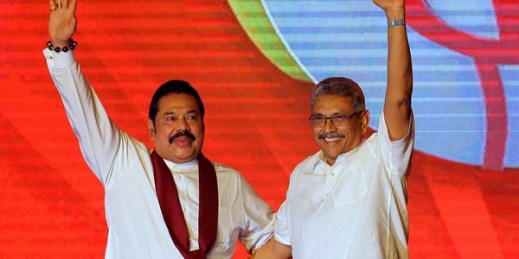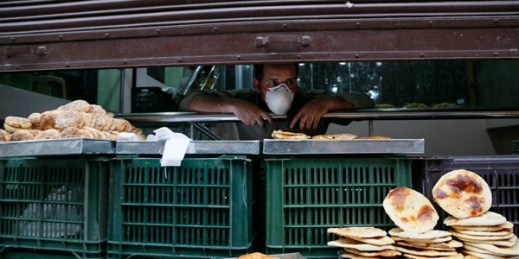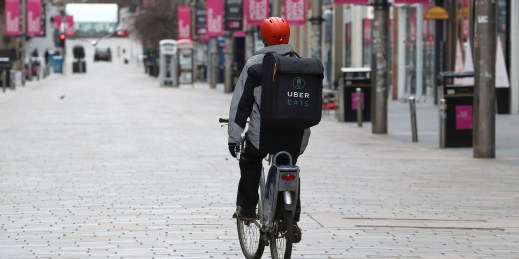
Earlier this year, as the effects of a deadly new virus rippled across the world, international travel was thrown into a frenzy. Images of frantic business travelers, passengers on cruise ships and study abroad students all scrambling to return home filled the news. But these were soon followed by images of quite a different nature: silent streets in Barcelona, deserted piazzas in Rome, empty beaches in Greece and Thailand, vacant airport terminals in Boston and Singapore. Eventually, international travel ground to a halt. Reservations for hotels, resorts and Airbnb stays evaporated. International flights were canceled, borders were closed, and museums, […]



